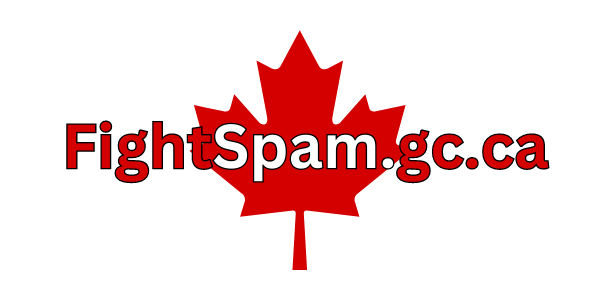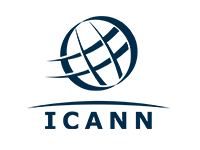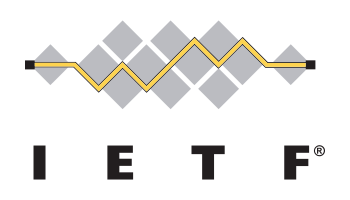What are you whining about? Just hit DELETE and be done with it!
When the <DELETE> key reimburses people for the costs incurred from transporting, storing, and retrieving unsolicited email, then simply clicking <DELETE> might be a viable alternative. Unfortunately, the vast majority of costs of spam are borne by...
Won’t the spammers just go offshore?
It is true that many laws can't effectively reach people who are operating completely outside the country, there are two things to remember:First, because most spam advertises goods or services offered by North American-based entities (for example, get-rich-quick...
Isn’t stopping spam a violation of the Free speech?
Not at all. CAUCE believes in the right to free speech, but having free speech doesn't spammers the right to force others to hear their message. CAUCE does not support the outlawing of commercial speech, but CAUCE does believe that those who wish to engage in...
Why am I getting bounces about mail I didn’t send?
Recently, there have been a lot of unsolicited bounces from ISPs which are created due to the following chain of events: Spammer uses an infected computer on an ISP network (zombie) to send spam Spam is sent with a forged sender address (aka. From), that is not hosted...
How do spammers get my email address?
There are many ways in which spammers can get your email address. (no order) From harvesting posts to UseNet, webpages, blogs, chat rooms or other easily accessed forms From mailing lists, contest pages or free offer sites Compromised websites, phishing domains or...
How do you define “spam”?
The definition of "spam" is a tricky issue. The Wikipedia defines spam as "e-mail that is both unsolicited by the recipient and sent in substantively identical form to many recipients." Others believe "bulkiness" is irrelevant, it's...
How do you pronounce ‘CAUCE’?
It rhymes with "sauce". The first "C" is hard, and is spoken like the "K" in "Kangaroo"; the second "C" is soft, and is spoken like the "S" in "Stop Spam".
Anti-spyware Coalition Best Common Practices document open for public commentary
N.B. CAUCE Canada and CAUCE participated in the development of these documents.Best Practices Suggestions DocumentBuilding upon the Definitions and Risk Model documents, the Best Practices document aims to expand past defining what behaviors and consent factors will...
A couple of articles of note
by Neil SchwartzmanI recently published a couple of personal and business blog entries that may be of interest to the CAUCE community: Trench Warfare in the Age of The Laser-guided Missile - a clarion call to de-silo and take the offensive and How the Sender Community...
Article on privacy legislation shortfalls in Canada
I encourage people to take a look at the following article by fellow Federal Task Force on Spam member Michael Geist: Privacy breaches expose flaws in law January 22, 2007 MICHAEL GEIST http://www.thestar.com/Business/article/173418 -or-...
CAUCE Canada’s letter of support for the MAAWG Senders’ BCP
In reply to a request for support coming from the co-chairs of the Messaging Anti-abuse Working Group's Senders Subcommittee for their draft Best Practices document, CAUCE Canada issued the following statement:To whom it may concern, Having reviewed the document...
CAUCE (US) and CAUCE Canada positions on WHOIS data
The following message was sent in response to ICANN's solicitation of public commentary regarding the concept of obfuscating WHOIS data: CAUCE, the Coalition Against Unsolicited Commercial E-mail and CAUCE Canada are the leading North American grassroots anti-spam...
















